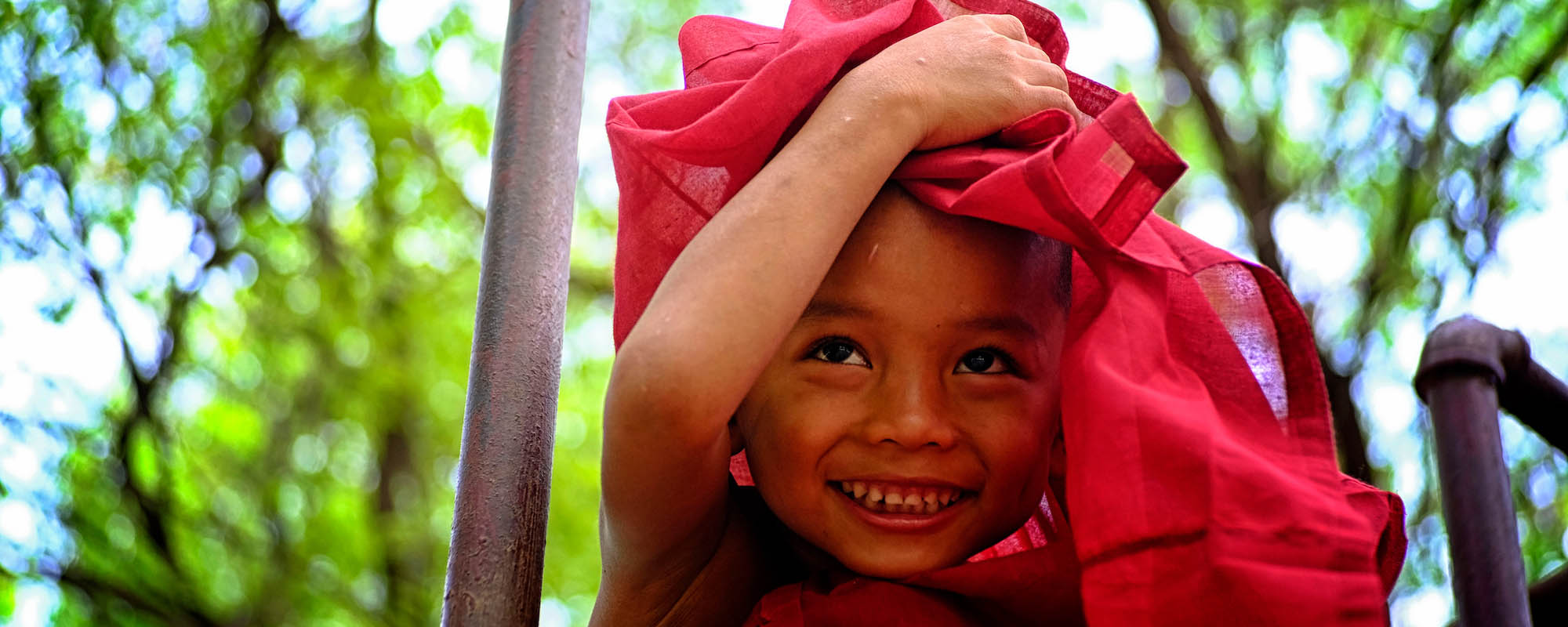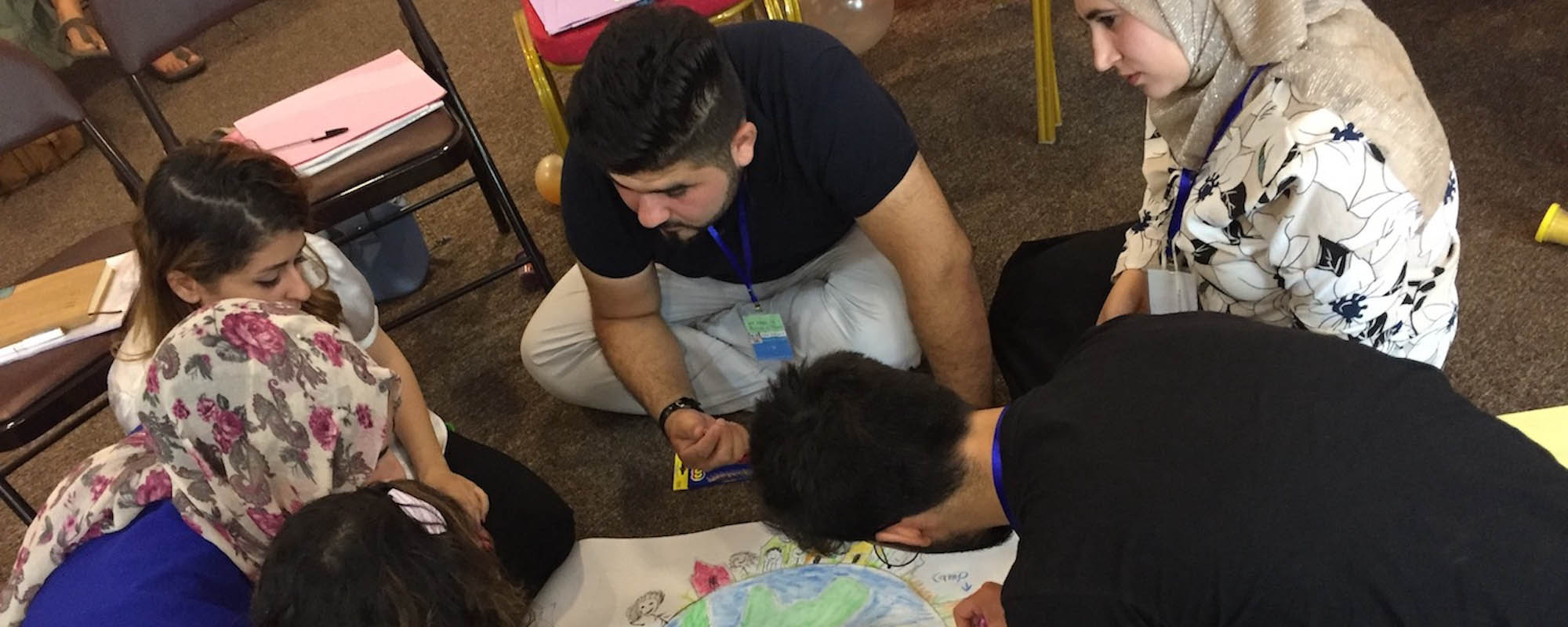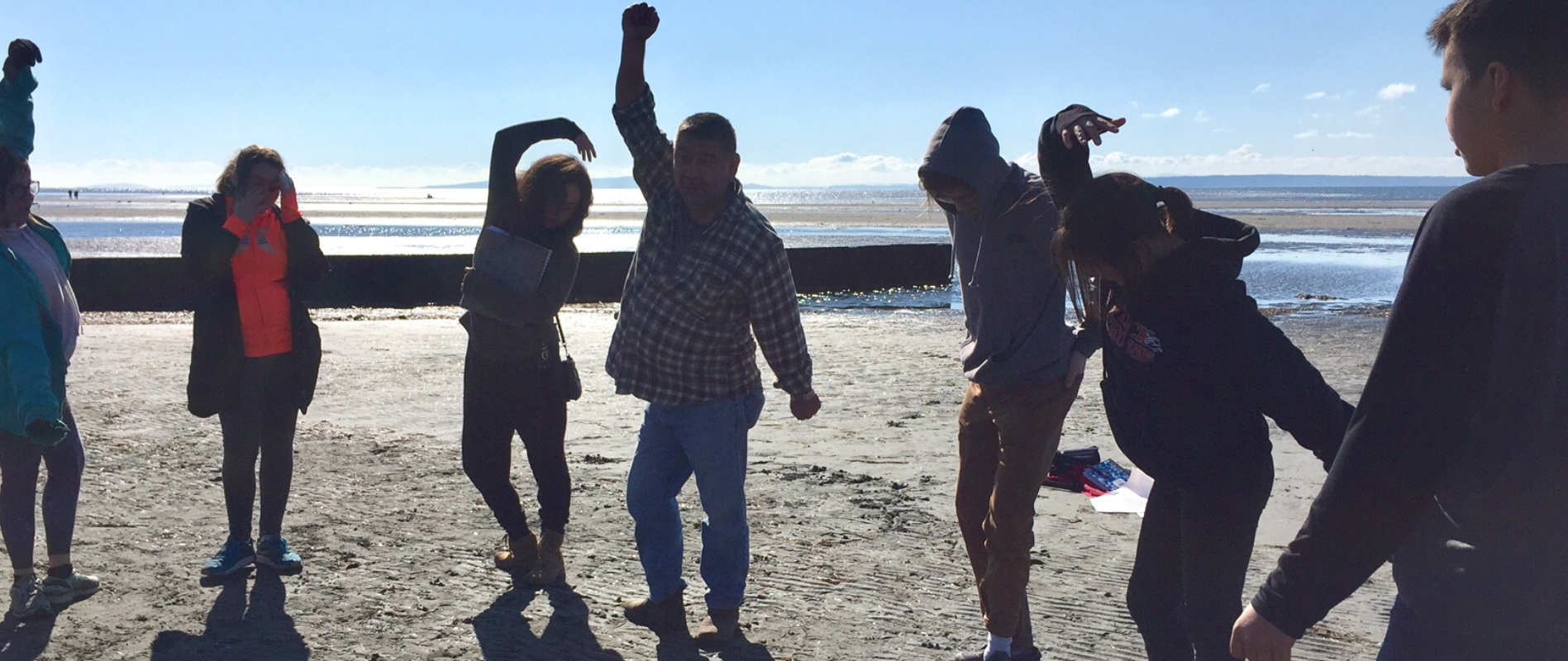
Communities for Children supports YouthScape Saskatoon.
In Saskatoon, Communities for Children, Saskatoon’s Planning Council for a Child and Youth Friendly Community, believes that “all children and youth in our community should grow up in a safe, healthy, happy supportive and inclusive environment”. We support this vision by providing action-oriented leadership in issues affecting quality of life for children and youth through community consensus, collaboration, research and social planning.
In Saskatoon, we believe that to truly improve the quality of life for children/Youth that:
- It is a shared community responsibility
- Ensuring children and youth have input into decisions that affect them
- Partnerships between government non government and community organizations
- Evidence based approaches are preferable
- A consensus planning model is desirable
- Building on community and individual strengths is the key
- Inclusion of all is the key to successful wellness of all our community.
Over the last few years we have spent considerable time sharpening our understanding of meaningful youth engagement, and have been moving from working For youth to working With youth.
YouthScape Saskatoon is working to build urgent response bridges to deal with pressing problems with marginalized youth in our city. We are working to nurture and sustain vulnerable youth and give them influence over their own destinies. We are doing this by creating a ‘home’ meeting space and place where youth from across Saskatoon can safely meet, talk together and work on practical life skills.
Additionally, our YouthScape initiative is building bridges for communities to effect positive systems change by bridging public policy and youth and to ensure meaningful youth involvement on decisions that affect them.
By creating sustainable youth working groups and appropriate physical meeting spaces we believe both youth and community can begin to understand each other, learn from each other and build mutual understanding of each other.
“Our world, as we change our beliefs and social structures, will never be a perfect place but it can no longer be a world of top-down rankings of domination—man over woman, person over person, nation over nation, and humankind over nature, adult over child. It must be a place where beliefs and social structures support relations based on mutual respect, mutual benefit, and mutual caring. It must be a far less violent, much more humane and equitable place. And if we expand our vision beyond old ideas of what this place looks like, we can begin to build it now.”






